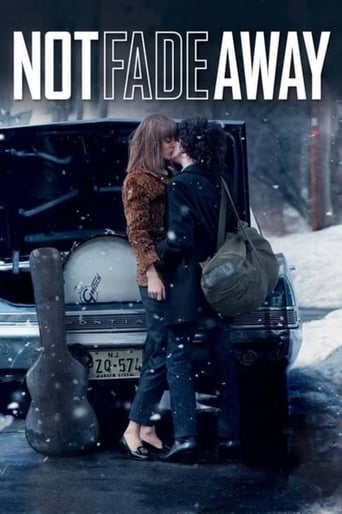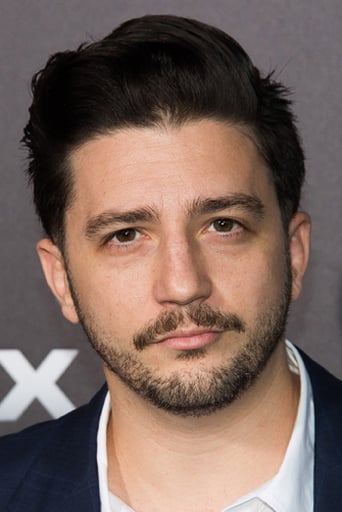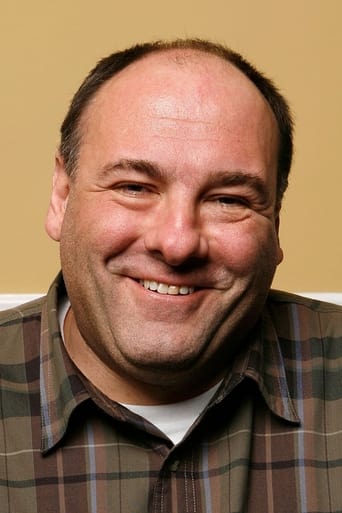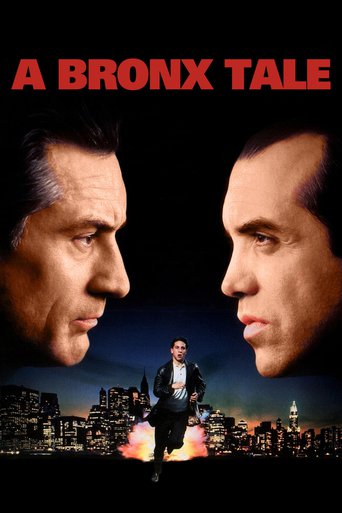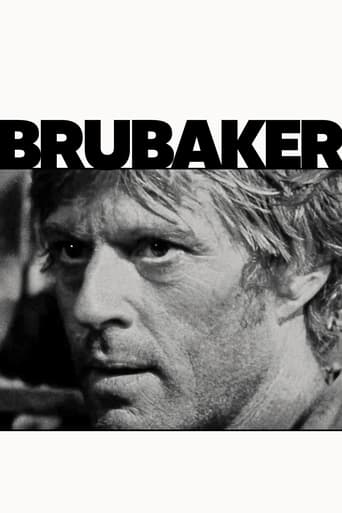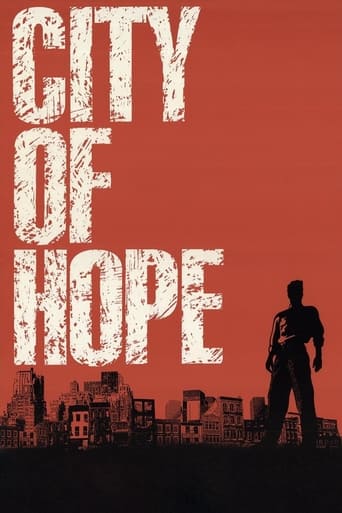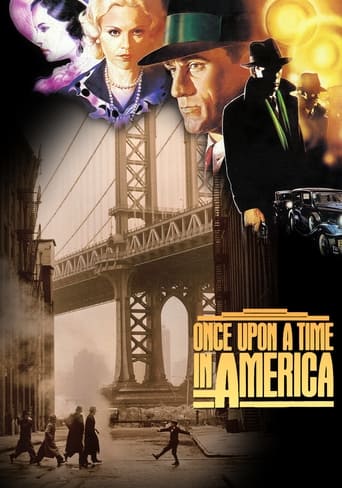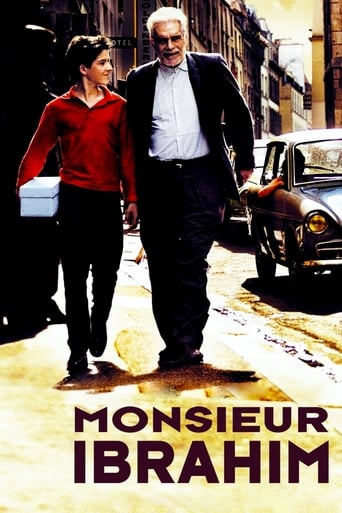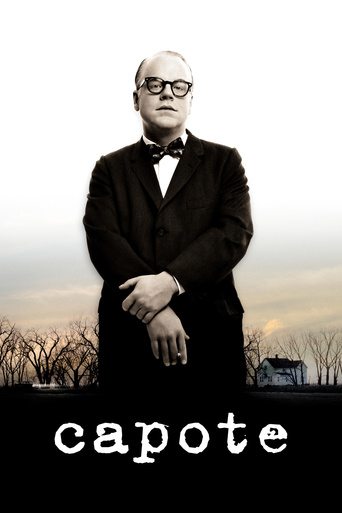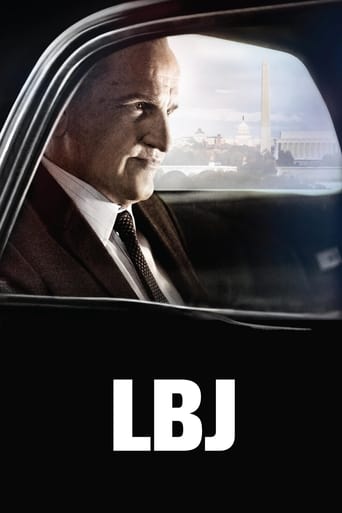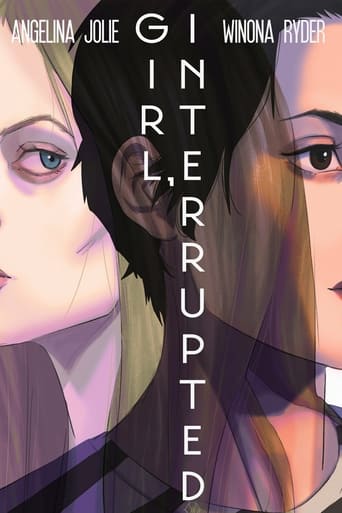Not Fade Away (2012)
Set in suburban New Jersey in the 1960s, a group of friends form a rock band and try to make it big.
Watch Trailer
Cast


Similar titles
Reviews
David Chase's earnest mix of rock 'n roll, young love and family drama is overlong and sloppy, aspiring to be a defining examination of the Sixties but rendered trite by trudging out references to every historic moment (in this, it's similar to "Lee Daniels' The Butler") and wallowing in misguided pronouncements about the Vietnam War, capitalism and rock's purity; the intent is to advance the father-son conflict between lead John Magaro and a wasted James Gandolfini. (In fact, Chase unintentionally portrays rock music as a negative force, divisive enough to destroy families.) Chase's strength as the creator of "The Sopranos" was in his carefully plotted backstory that forced the viewer to pay close attention upfront; here, he employs a similar approach, but without the expanse a mini-series affords the result is disjointed and incomplete: all of the stories he introduces are either left unsatisfactorily unresolved or spontaneously concluded. It doesn't help that his characters are inherently unlikable (Magaro is a good example), mere caricatures (co-stars Jack Huston and Will Brill) or blanks (love interest Bella Heathcote). The film's sole asset is Steven Van Zandt's musical curation, though he eschews the deeper tracks in favor of songs even the casual fan will recognize.
As a fan of Mr. Chase I ached for this work to take off but it never does. The film fails primarily upon the page.It says little about the character of those heady times that were the 1960's. This failure is no easy task as rock music, suburban angst and the decade itself remain fertile with enough substance to fill 100 movies let alone 1. Where Chase fails first is in using the 60's as mere fashionable short hand. A news flash or a film clip without worthy exposition turns tempest to teapot. That the 60's and its artifacts are presented as mere fetish objects devalues that currency. It purchases clothes, cars and music rights without story ever rising above being a disposable trifle. The art direction is terrific and while accurate, it never connects actors to actions and exposition to plot. Too often anecdotes and pithy quotes substitute for genuine emotion, motivation or character. Luckily, the acting is fine. The best moments occur between James Gandolfini (the working class Dad) and John Magaro as his rock musician son.Their scenes crackled as no others did leaving the underwhelm pronounced. The female character's (clearly Mr. Chase's Achilles)are broadly drawn hysterical caricatures seemingly created mostly to advance the story of men. This was exemplified by Magaro professing to believing in a girlfriend whom we know nothing about. Equally inelegant were the fore-shadowed dramatic twists of staged fights, staged accidents and cancer as dramatic license. "Not Fade Away" was continuously so Hollywood soft that I found myself wishing that a Don Corleone type had read the script, met with David Chase and slapped his face yelling "Write like a man!"Ultimately this film seems unable to decide if it is a John Sayles' time capsule told within simple salt of the earth fables or is instead a history lesson told in the sound bites and cliff notes of genuine deep thinkers.It never chooses and it ends as it began; an exercise in excess signifying little. What a waste of a green light and 20 million dollars.
The recent film Not Fade Away, is both the biography of David Chase, the film director who created the Sopranos and, in its way, a biography of the Rolling Stones' music and the American Black Blues and Race tunes that influenced the group in the first place, before they were distracted into becoming the bad boy alternative band to the cozy, family-friendly, mop top Beatles, writing their own songs instead of covering old black blues songs as they had originally intended to do. The first Stones record "Come On", a cover of an old Chuck Berry tune, was released 50 years ago last Friday (6-7-63) in the UK only. ABC News somehow gave the impression last week that the first Stones song was Not Fade Away, a Buddy Holly B-Side, that became the ironic title of Chase's biopic about his transformation from a talented Jersey Stones Wannabe band member to creator and director of TV's the Sopranos. The opening scene of the movie Not Fade Away features a black and white meeting between Mick Jagger and Keith Richards on a train bound for London in 1962. The two young men had lived in the same provincial town and gone to the same school earlier, until Jagger moved away. Within two years this chance meeting had evolved into the Rolling Stones under the management of a kid so young, he had to have his mother sign the band's contracts. I had listened to Keith Richards' biography "Life" (2010) which had explored the evolution of the Stones and their music, and, as I watched Not Fade Away, I realized Chase's movie was recasting what Richards had written about the Stones' music, into his own biography about his late high school entry into being a member of a band on the Jersey Shore. Chase's Jersey band plays 'wannabe' music so well, you ask yourself why they didn't rocket instantly to the top. The first time you see Chase's band performing, they're doing a version of the Chantays' Pipeline so expertly, they might just as well BE THE CHANTAYS! The musical part of Not Fade Away is extraordinary. The overlay of Stones music and Stones biography is a major part of Chase's film. But the screenplay, about a fledgling rock n' roll band and Chase's horrific parents, who are both monstrous and funny at the same time, is the best screenplay I've seen since Clint Eastwood's Unforgiven. There isn't a wrong word or phrase in it. Chase would segue between the Jersey Band's Not Fade Away and its drum rhythm back beat lifted entirely by Buddy Holly first and the Stones later, from Bo Diddley's signature song Bo Diddley, showing original black and white Dick Clark footage of Diddley performing it. Periodically, the action would move to Chase's family kitchen where the major showdowns between Chase and his father (James Ghandolfini) take place. Usually, Chase's very rational younger sister defends her brother, while castigating Pop for calling black people 'niggers' and gay people 'fags.' The mother, always ironing while wearing a plastic hair net over her curlers and a terrible light blue housecoat, would not interfere except to occasionally shriek about nightmares she had, like the one with a black man trying to break into the house at night. The movie is reminiscent of the 'kitchen sink' social realism plays in England written by John Osborne, Terence Rattigan and, later, Harold Pinter, beginning in the 50s. Noel Coward and others had ragged and mocked the lower classes in plays up until then, never giving a voice to the lower classes in Britain until the Labor Party began its long tenure in England after the war. Chase gets involved with the daughter of a Manhattan Ad Agency Account executive, the same fascinating dolt who played Louise's hapless, idiotic husband back home in 1992's Thelma and Louise. Like the sister of the Chase character, she and her sister provide another story of children revolting from the teachings of their idiotic 'greatest generation' parents. The girlfriend, who gives a wonderful performance, attacks her father and his six car garage, when he puts her sister in the nut house for voicing some radical then, tame now, thoughts about politics during the mad house sixties. Dad one ups her somehow in a discussion that begins with him defending Buick's 'Pitch Dynaflow' automatic transmission of then current TV advertising, by coming back with something like this: "Well, if that's the way you see it,that's fine, MRS. ALLAN GINSBERG!" Chase's biopic, is a mix of comedy and drama at the same time. They call it Dramady. If you haven't seen this one yet, you'd better.
David Chase's "Not Fade Away" looks at what it was like to come of age in the '60s. The main focus is a New Jersey teenager who decides to join a band, but there are clear signs of everything that was going on: the Vietnam War, the generation gap, racial tensions, and Dean Martin's mean-spirited comment about the Beatles. Contrary to the previous reviewer, I would say that this movie is better than "Almost Famous". The latter was too fluffy and came across as a sanitized look at its era. This one is very upfront about what sorts of things happened (including some very tense scenes). And the final line poses a good question about how we as Americans want to be known to the world. Can we eventually look to our best qualities to do what's right? Anyway, this is a good movie. It's got great music and brings up some important points. I recommend it.

